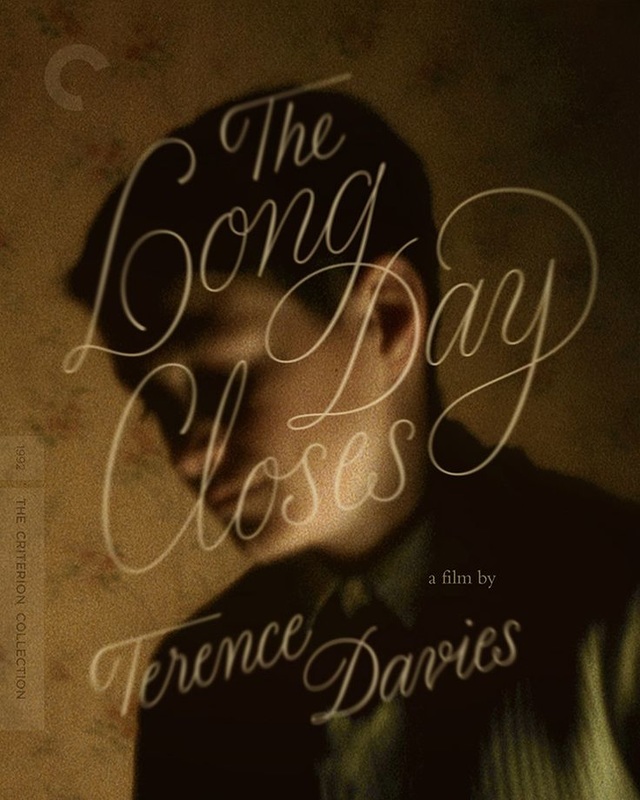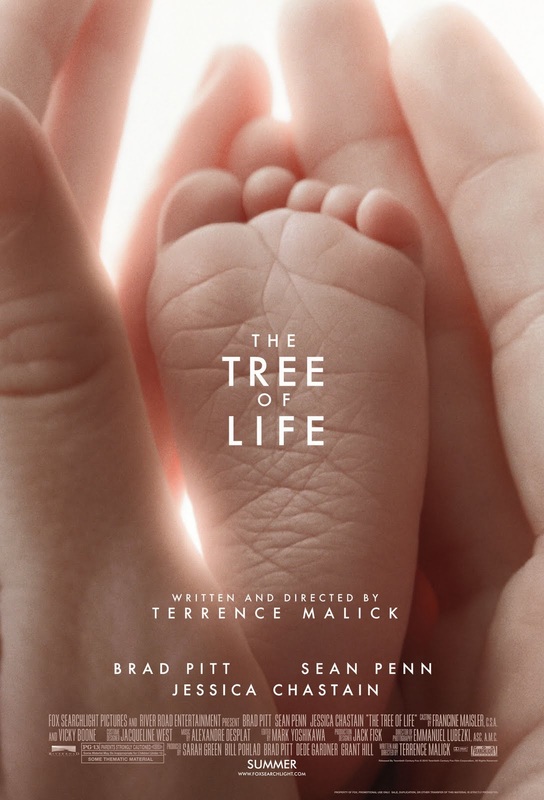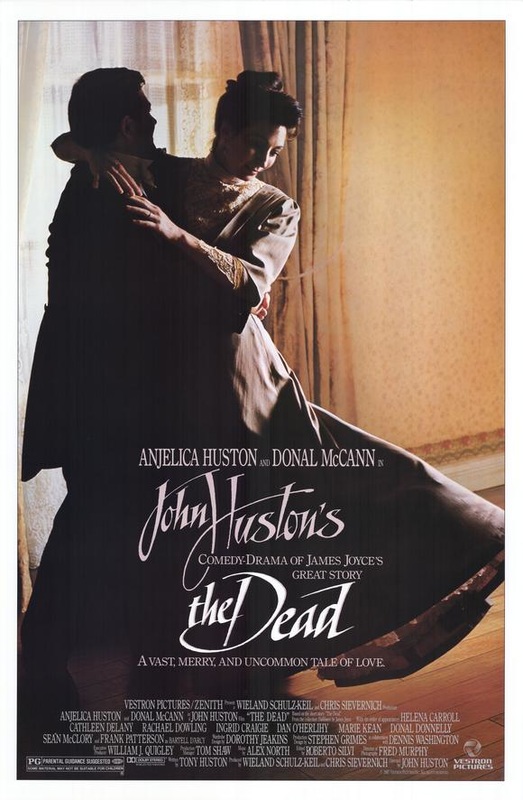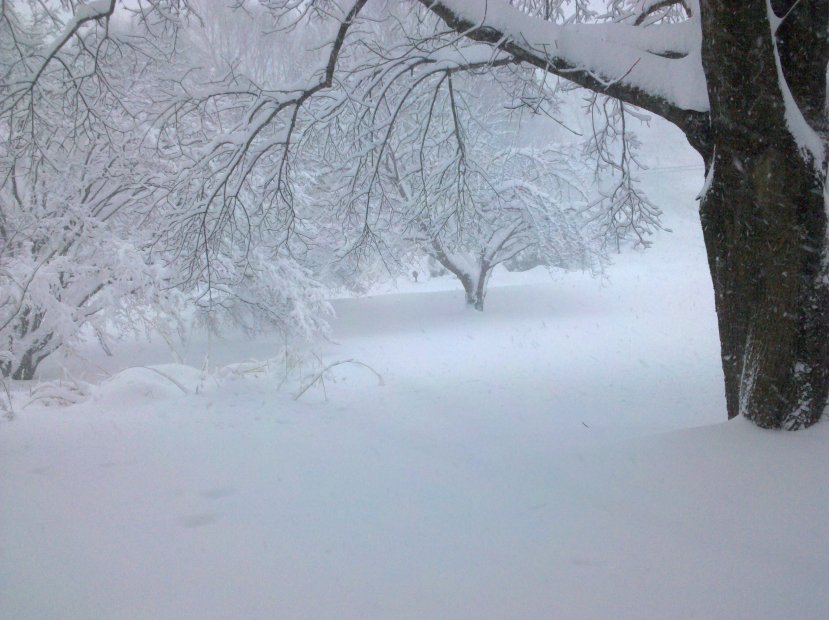Growing up, for me the excitement of Christmas was in the anticipation. What would Santa Claus bring? And as soon as the stockings were emptied and the presents opened, disappointment set in. Big letdown after such excited anticipation. And then, as we kids would roam the neighborhood to compare loot, more disappointment. Why did kids from families who didn’t go to church nearly as much as my family did get so many more and better toys from Santa? What you got was supposed to be based on how good or bad you were. Had I been bad? Was my family less worthy? (Shades of “The Book of Job.” Those questions! My parents tried to answer, but the answers never made sense. But then, perhaps it was great preparation for life.)
Too, after looking forward with anticipation, then comes a week in which one looked back. The year gone forever. Time in its flight.
No wonder that the movies I watch every year are something else other than sweetness and light.
| “The Long Day Closes.” Writer/director Terence Davies in 1992 looks back on the time wheb he was a pre-pubescent boy growing up in mid-1950s Liverpool in a family of mother, two older brothers, and an older sister. We know that the father has died (and if we have seen the earlier “Distant Voices, Still Lives,” we know him to have been a violent and abusive man). Like that earlier movie, it is filled with song: ‘If You Were the Only Girl in the World,” “I Don’t Know Why I love You Like I Do,” “At Sundown,” “Blow the Wind Southerly,” “We’re A Couple of Swells,” “Tammy,” “Carousel Waltz,” the titular song, and so many others, some sung by characters in the movie and some as voiceovers (the climax of the movie features Debbie Reynolds singing “Tammy” while the camera pans right to left looking down over tenement steps, crowds in a move theater, people in church, boys at school, and it is breathtaking). |
The movie is about the effect of erosion on the human spirit. But it doesn’t depress me. It exalts.
| “The Tree of Life.” Terrence Malick’s greatest movie. A man in his middle years, a successful architect, reflects back on the death of his 19-year-old brother many years earlier and their lives as children, these childhood memories set in a framework that includes the birth, evolution and death of the universe (as well as “The Book of Job”). Along with “The Long Day Closes” and Spielberg’s “Empire of the Sun” it is among the greatest movies ever made about childhood. Along with “2001, a Space Odyssey” and very few others it ranks among the greatest spiritual and philosophical movies ever made. Its success in wedding the micro (details of three boys growing up in small-town Texas) with the macro (the birth and death of the universe and perhaps the face of God) overwhelms me. |
Visually and aurally it is one of the finest movies in history.
| “The Dead.” No zombies in this one! And it is the one most nearly specific to Christmas, although the party to which most of the running time is devoted to takes place on Epiphany, the 12th day of Christmas. 1904. Dublin. Two elderly sisters and their middle-aged also spinster niece give their annual Twelfth Night party. They await their guest, dreading that nephew Freddie may show up (again) in a state of inebriation. They greet their guests as they arrive, a few of them new to the gathering and escorting some of the young ladies invited, music students of the niece. It is a cold night and there is dancing to warm guests. The elder sister, who once many years ago had a good soprano voice, is persuaded to sing an aria. An older man is persuaded to perform one of his dramatic readings. Another nephew, Gabriel, who had arrived almost late with his wife Gretta, keeps looking at notes for the speech he is to give following the dinner. |
They retire to dinner. Goose. Gabriel carves (his wife is later to serve the pudding). Wine, perhaps too much after earlier beverages. Heated discussions follow about opera performances and voices now and back when. Religion and politics briefly raise their ugly heads. But all is made well when Gabriel makes his post-meal speech about the kindness and graciousness of their hosts.
People began to leave the party, Gabriel and Gretta among the last ones to leave. When Gretta is descending the staircase to the entryway with Gabriel waiting at the foot, a tenor voice sings an old ballad about love and loss. The director holds on their faces, especially Gretta’s, with never a cut to the singer. Gretta is deeply move.
We follow them in their carriage to the hotel where they are spending the night instead of returning to their country home in the cold snow. Gabriel explores with his wife her somber mood. She tells him at length of a young boy, one Michael Furey, who had died many years ago at the age of 17 after waiting outside her window in the snow. She falls into bed, sobbing, and Gabriel comforts her while she falls asleep.
And then we watch Gabriel as he wanders about the room and looks out as the snow and back over life and time and forward as well, to the likely approaching death of his elder aunt. At the very end of the beautiful soliloquy, among the most beautiful pieces of writing in the English language, we first hear the words “the dead.”
Is it a great movie? I’m not sure. But it is a worthy screen adaptation of a great work. And I love it.
And here is the latter part of that last speech:
“ . . . One by one, we're all becoming shades. Better to pass boldly into that other world, in the full glory of some passion, than fade and wither dismally with age. How long you locked away in your heart the image of your lover's eyes when he told you that he did not wish to live. I've never felt that way myself towards any woman, but I know that such a feeling must be love. Think of all those who ever were, back to the start of time. And me, transient as they, flickering out as well into their grey world. Like everything around me, this solid world itself which they reared and lived in, is dwindling and dissolving. Snow is falling. Falling in that lonely churchyard where Michael Furey lies buried. Falling faintly through the universe and faintly falling, like the descent of their last end, upon all the living, and the dead.”





 RSS Feed
RSS Feed